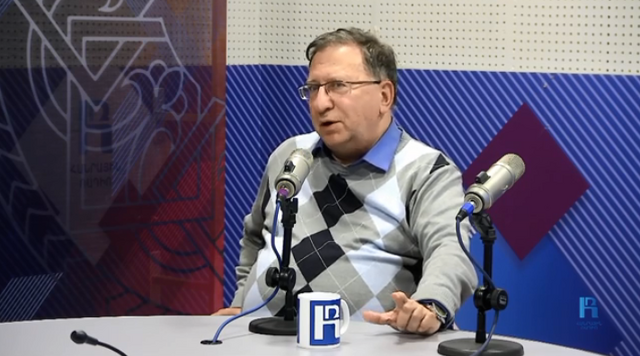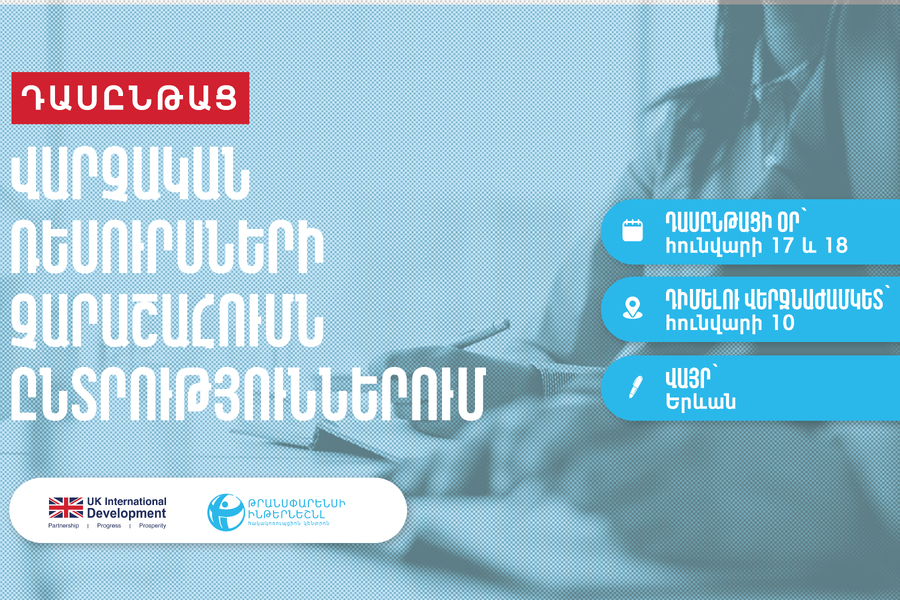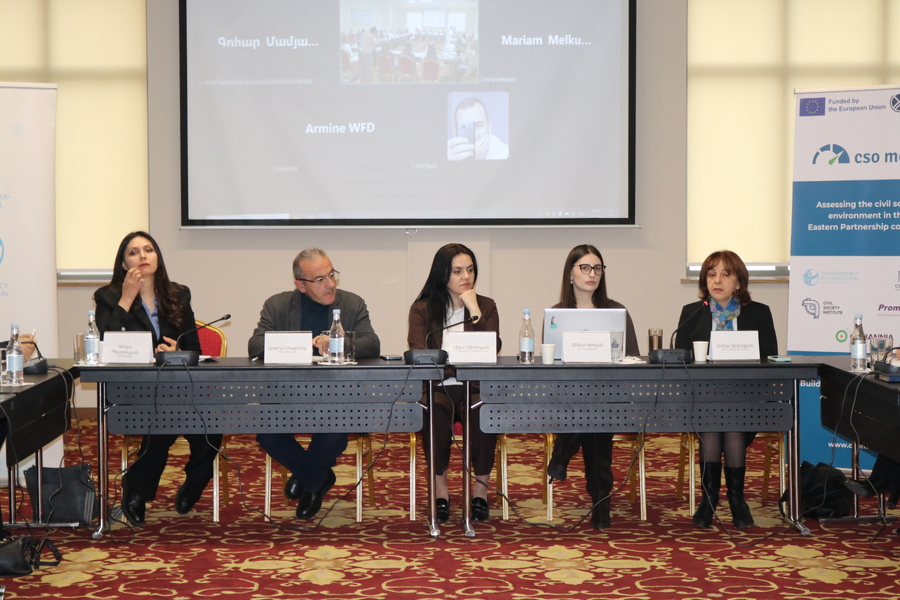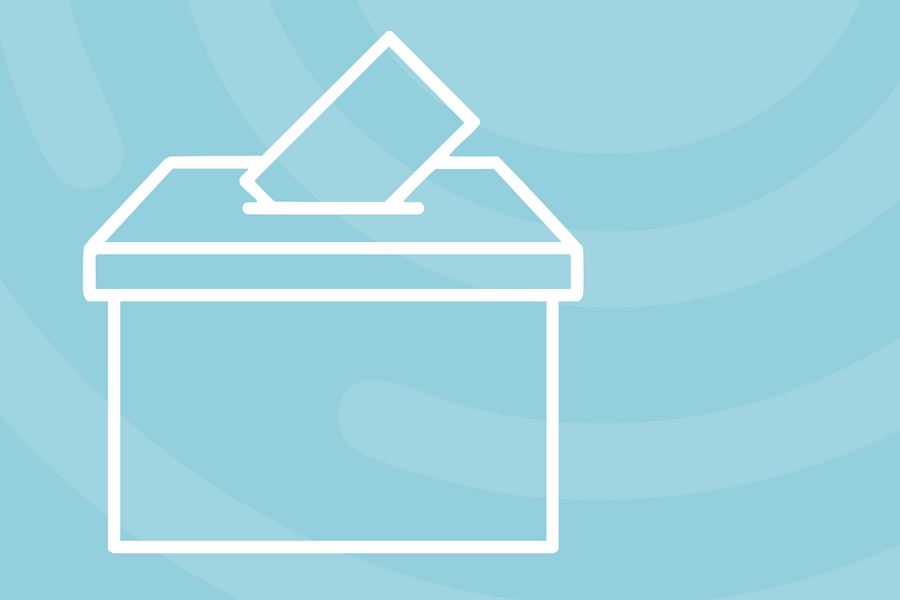TIAC expert highlights need for free and fair constitutional referendum
“The political opening in Armenia that began with Pashinyan’s long-shot rise to the premiership in 2018 had a positive effect on the disputed territory of Nagorno-Karabakh during 2019. There was an increase in competition and civil society activity surrounding local elections in September,” states Freedom in the World 2020 Freedom House report. In a talk with the Public Radio of Armenia, Programs Manager of Transparency International Anticorruption Center, Varuzhan Hoktanyan said it was very important that parliamentary and presidential elections of Artsakh scheduled for March 31 also pass in a free, fair, and competitive environment.
Authors of the Freedom House report differentiate positively between the domestic political processes in Nagorno Karabakh from those of other breakaway areas of the Eurasian region. The TIAC expert believes this is very significant in terms of the international recognition of Nagorno Karabakh which is a unique case in the sense that there is actually development of democracy there which cannot be seen in other internationally unrecognized territories. Unlike Abkhazia, South Ossetia and Crimea, a territory that has chosen the path of democracy is now being forced to be a part of a country with a strong authoritarian regime.
In terms of solidifying the positive progress recorded in Armenia, Varuzhan Hoktanyan believes holding a referendum on the constitution of the country in a free and fair manner and without any irregularities is now of primary significance. “It is important not only for the country’s positive image, for the resolution of the Nagorno Karabakh issue, but also for investments because potential investors also look at such numbers,” says Hoktanyan.
Hoktanyan has also spoken about the new legislative packages adopted recently by the parliament in the framework of the anticorruption policy. For the purpose of an efficient fight against corruption in Armenia, the TIAC expert believes that bonus payments and high salaries should be established not only for state officials but also for doctors and teachers.
Original source: Public Radio of Armenia





